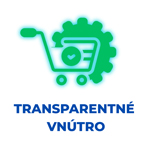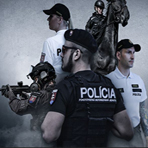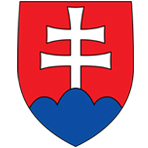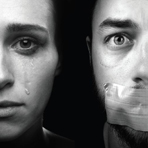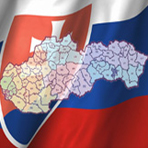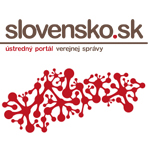National Refferal Mechanism
National Referral Mechanismis a structure of cooperating entities through which the governmental authorities fulfil their obligations in terms of protection and enforcement of human rights for individuals who became victims of trafficking in human beings, while coordinating their efforts as part of strategic partnership with civil society. Its main aim is to ensure respect for the human rights of victims of trafficking in human beings and provide them with effective and accessible services. Secondarily, the national referral machanism can help to develop national policies and procedures regarding victims of trafficking in human beings, such as legal provision in the area of legalisation of their stay and resettlement, compensation and protection.
Any entity within the environment of governmental authorities and non-governmental organisations, as well as those from abroad can identify a potential victim of trafficking in human beings. Thus, members of various services of the Police Corps, Prosecution Office, employees of the Migration Office, employees of Offices of Labour, Social Affairs and Family, healthcare staff, employees of the Ministry of Education of the Slovak Republic, social workers in the field, employees of consular offices of the Slovak Republic abroad, non-governmental and international organisations working in Slovakia or abroad, as well as the victims of trafficking in human beings themselves or their family members can initiate identification of victims of human trafficking through the National Helpline for Victims of Human Trafficking at 0800 800 818. Detected potential victims of trafficking in human beings in the territory of the Slovak Republic or abroad are referred to the care of non-governmental organisations in Slovakia that initiate the procedure for identifying potential victims of trafficking in human beings based on the above-mentioned impulses through the identification questionnaire, personal record of the client based on the definition of trafficking in human beings from the Palermo protocol.
The institutionalized cooperation of the stakeholders active in the field of combating trafficking in human beings covers many areas such as victim identification, assistance, protection, legal processes, compensation, voluntary return and social inclusion of the victim. All stakeholders are expected to effectively react to each single case of trafficking in human beings and new trends that emerge. The common goal is to improve the existing system in place.
Cooperating civil society organizations include especially:


